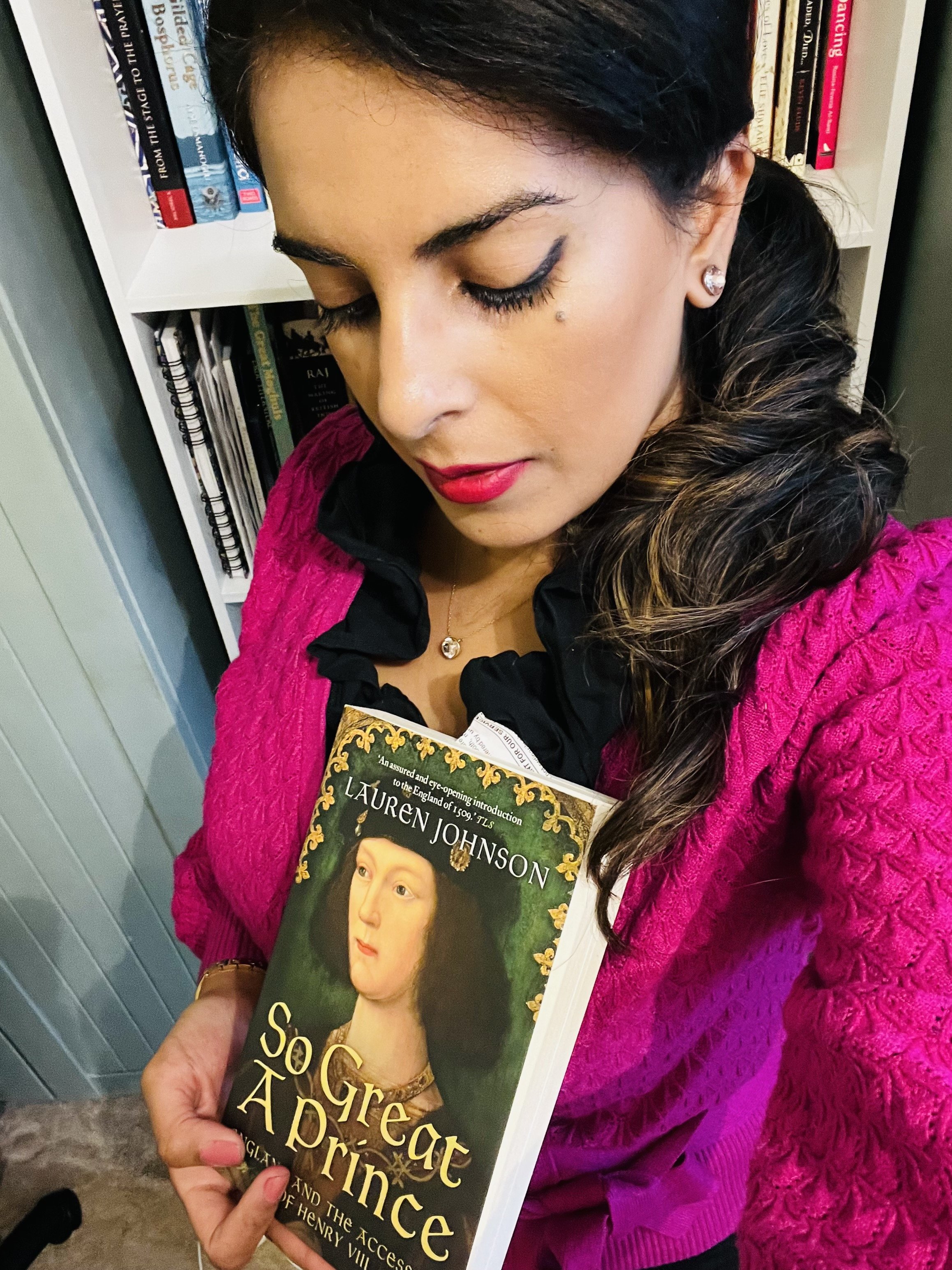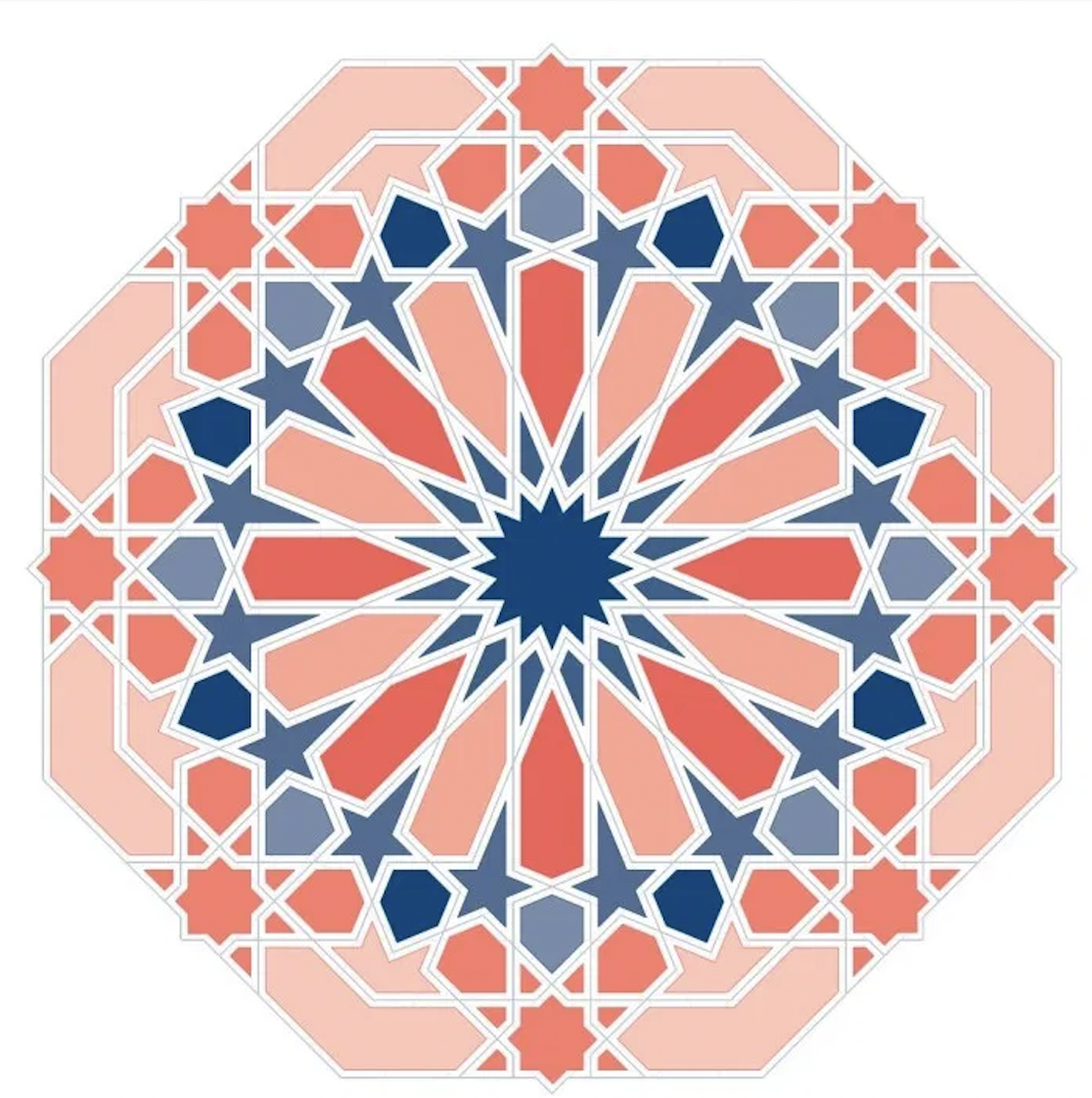Featured Posts
John Barnes: ‘The Uncomfortable Truth About Racism’ Book Review
In John Barnes recent book, ‘The Uncomfortable Truth About Racism’ he unapologetically gives his thoughts and beliefs about the causes, effects and solutions for racism in society. Barnes’ book is part-autobiography and part-strategy on dealing with racism at a deeper and more conscious level.

‘Turks, Moors and Englishmen in the Age of Discovery’ Book Review
Professor Nabil Matar’s enlightening book ‘Turks, Moors and Englishmen in the Age of Discovery’ challenges Islamophobic narratives of Muslims in the 16th to 19th centuries, as well as negative perceptions of native Americans.

Spanish Muslim woman with central role in Tudor history
Catalina Motril, most likely a Muslim woman from Spain was thought to be the only witness to Catherine of Aragon and Prince Arthur’s marriage consummation (15th century). Catalina was part of Queen Catherine of Aragon’s entourage - she came from from Granada Spain when it was still a Muslim emirate.
The Story of Pakistan: 75 Years of Independence
Whether the partition of India was the right or wrong thing to do is a debate that still sparks much polarised opinions and emotion. For some it was a catastrophic moment that divided India; for others, it was the only option for Muslims to keep their faith and way of life.
Aurangzeb: Islamophobic hate figure
Despite Aurangzeb’s leadership qualities and military prowess (he was first Indian ruler to bring the whole of the subcontinent under centralised control), he is vilified for being a Muslim ‘fundamentalist’, anti-Hindu and an all-round unlikable person. In ‘The Anarchy’, William Dalrymple describes Aurangzeb as being an “unusually cold, ruthless and unpleasant character.” Renowned historian, Audrey Truschke in her book, ‘Aurangzeb: The Life and Legacy of India’s Most Controversial King’ turns this narrative on its head and writes about a man of moral character, piety and justice; despite his many flaws.

‘The Tiger of Mysore’: Decolonising the life of Tipu Sultan
Tipu Sultan, the ruler of the kingdom of Mysore in South India (1751-1799) was a powerful, advanced and wealthy Muslim ruler, and the last strong challenger of British rule in India. He was referred to by the Brits as the ‘Tiger of Mysore.’ In Kate Brittlebank’s book, ‘Tiger: The Life of Tipu Sultan,’ she describes Tipu as “the last bulwark against British imperial desires.”
The Story of Eid Al-Adha
Eid al-Adha is a major Muslim festival that marks the end of the annual Hajj pilgrimage. The Hajj pilgrimage takes place in Mecca, Saudi Arabia. It is one of the five pillars of Islam. All Muslims able to do so are asked to do Hajj at least once in their lifetime (if they are able to), and 2 million people do so each year.

Lost Islamic Histories: Book review
Lost Islamic Histories by Firas Alkhateeb gives a simple holistic overview of the history of Islamic empires from the Prophet Muhammad’s time until the twentieth century.
“Without Islam there would be no Shakespeare”
William Shakespeare (1564-1616), England’s most famous playwright and symbol of Britishness, made heavy use of use of Muslim figures, objects and places in his works. On Shakespeare Day (23 April), I am remembering the close connection he had with the Islamic world in his works.
Accessible healthcare: A very Islamic concept
For centuries Muslims have been at the helm of medicinal and scientific advancements. Arabs have made significant contributions in this field, but so too did many other Muslims including those is Andalusia. Indeed, it is worth noting that the first public hospitals arose in Islamic cultures.
The human cost of Indian Partition
Indian partition “was one of the twentieth centuries darkest moments,” according to well respected historian, Yasmin Khan. In her book, The Great Partition: The Making of India and Pakistan, Yasmin shows the impact of this tragic period in history on the people of the subcontinent. She focuses on the lives that perished, the ensuing refugee crisis and the loss of a homeland for all parties.

The making of Pakistan; A homeland for India’s Muslims
Today on 23 March, we celebrate the 82nd anniversary of the historically significant Lahore Resolution or Pakistan Resolution that affirmed the concept of Pakistan for India’s Muslims.

From Indo-Pakistan to Trinidad: The story of roti
Trinidadian Roti interestingly originated in Indo-Pakistan. Roti (rotee) is the Urdu/Hindi word for bread. It comes from the northern part of the Indian subcontinent which historically had a large Muslim population and was the centre of Mughal rule.
Female Literary Heroines: Women’s History Month
Women have been fighting patriarchy using the power of the pen throughout history. Their novels, stories and poems are evidence of the suppression of women and blatant gender inequality. Unfortunately, patriarchal societies are still in existence. It is only in the past century that there has been progressive change for women, but the gender pay gap and the #metoo movement suggest there is still more to do.

The Holy Month of Ramadan
Ramadan, the Holy Month of fasting for Muslims, starts at the beginning of April this year, based on the sighting of the new moon. Muslims across the world will excitedly be starting preparations to embark on a month of spiritual renewal.

Empoweristan
Empoweristan, a celebration of 75-years of Pakistan, showcasing recent sustainable innovations led by women with key discussions about building a GREEN future is coming to Granary Square, London in March.

‘The Gilded Cage on the Bosphorus’: Review
A nineteenth century Ottoman Sultan ousted from his throne after only three months by his younger brother and then imprisoned for 28 years, is the plot of this gripping novel ‘The Gilded Cage on the Bosphorus’ by Ayse Osmanoglu.
The Trojan Horse Affair
A new viral podcast exposes institutional Islamophobia, and witch hunt on Muslims after a hoax letter led claims jihadist plot in Birmingham schools. A letter claiming that Muslim extremists were infiltrating schools in Birmingham and brainwashing children led to a massive operation by the government in 2014 to shut down the so-called jihadist plot.
How Islam Shaped British Architecture
Cathedrals, parliament buildings, royal palaces, stately homes are among the many UK structures that have been inspired by Muslim architecture from Andalusia, the Mughal Empire in India, the Ottoman Empire and the Arab world. Some of these buildings even have stolen artefacts from these lands, and the owners are having to acknowledge their role in looting these objects.

My year in books: 2021
This year I have tried to be productive and focus on the positives, as well as raising awareness of those suffering across the world. I have also dived into my love of books again, interviewed several high-profile authors which has been a real blessing, written articles and blogs about shared histories of the world, and delivered a month-long series for Islamophobia Awareness Month, including a successful work event ‘Understanding the experience of Muslim staff in the workplace’.




A female-led whirling dervish group based in Afghanistan, is reclaiming the country’s deep-rooted Sufi heritage.